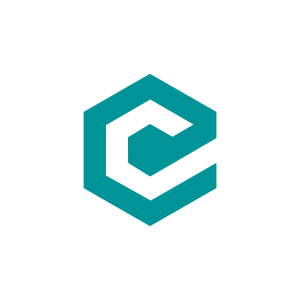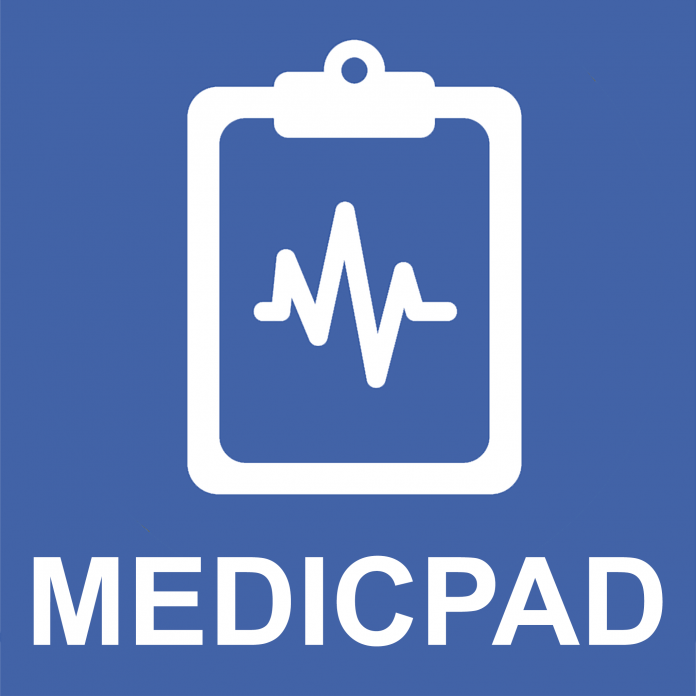Long waiting times, medical errors and the lack of health information have determined patients to characterize the medical services as inefficient, unsafe and provider-centric.
The approach concerning the improvement of the overall health status of the Romanian population must be rethought, especially given the global trends that confront patients’ empowerment.
Although in the past patients were seen as passive recipients of medical services, we now witness a change of paradigm as they start to take an active role in managing their own health.
Therefore, their attitudes change the rules of the game in the healthcare system and medical services providers should quickly adapt.
Patients became impatient!
Digitalization is on everyone’s tongue and many people hope that it will revolutionize the way in which medical services are being provided.
According to a recent study[1], the expectations of the Romanian population with regards to the digitalization of the healthcare system are directed towards the improvement of their quality of life, their experience interacting with a healthcare professional and their overall health status.
Therefore, these expectations lead towards a stringent demand from the population to have access to modern digital tools within the healthcare industry.
Mihai Draghici is an enthusiast in the field of innovation and an entrepreneur with over 18 years of experience in transforming ideas into reality and launching start-ups in countries like USA, Canada, Mexico, India and Romania.
The founder and CEO of TechSource[2], who recently moved back to the country, proposes tools that can accommodate Romanians’ expectations and that can make us optimistically look at Romania’s future with pioneering innovation in the healthcare system.
MedicPad[3] is an e-health platform that helps medical professionals save time, improve care quality and digitize medical records using mobile apps and a cloud-based management platform.
We all know that waiting at the clinic to see the doctor, filling in questionnaires with personal data and discussing our medical situation during the visit can take a lot of time. So, in a dynamic world where people are constantly on the move and want instant gratification, we need an easy-to-use system that can expedite a visit to the doctor and improve the experience and results for both patients and doctors while offering increased visibility, better accountability and quicker access to electronic health records.
Available for download in App Store[4] for iPad, the “MedicPad” app also adds the possibility of reporting side effects and alerting patients and doctors on drug interactions in the event that prescribed drugs have a potential adverse reaction, even in the case where they are combined with other drugs.
HomeDoctor[5] has a variety of different tools that empower caregivers to deliver better patient-care in the home, including caregiver reporting software and caregiver mobile activity tracker. The platform also gives hospitals and clinics the tools they need to properly oversee nursing staff and ensure daily patient services are performed.
After scanning a QR code posted at the location of the patient, the caregiver can use the app and begin tracking their activity session for the daily care plan. The app is titled “Caregiver Analytics” and is available for download in App Store[6].
These kinds of mobile and cloud-driven digital tools already exist and work successfully in other countries. Therefore, we shouldn’t be surprised if in Romania, in a couple of years, the (virtual) visit to the doctor will end with a prescription.






























